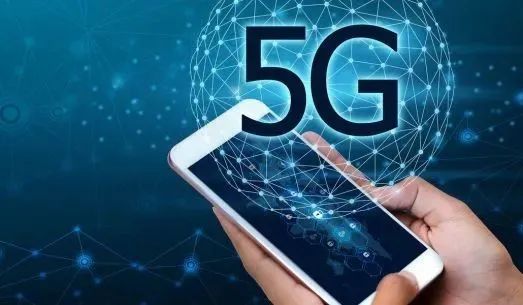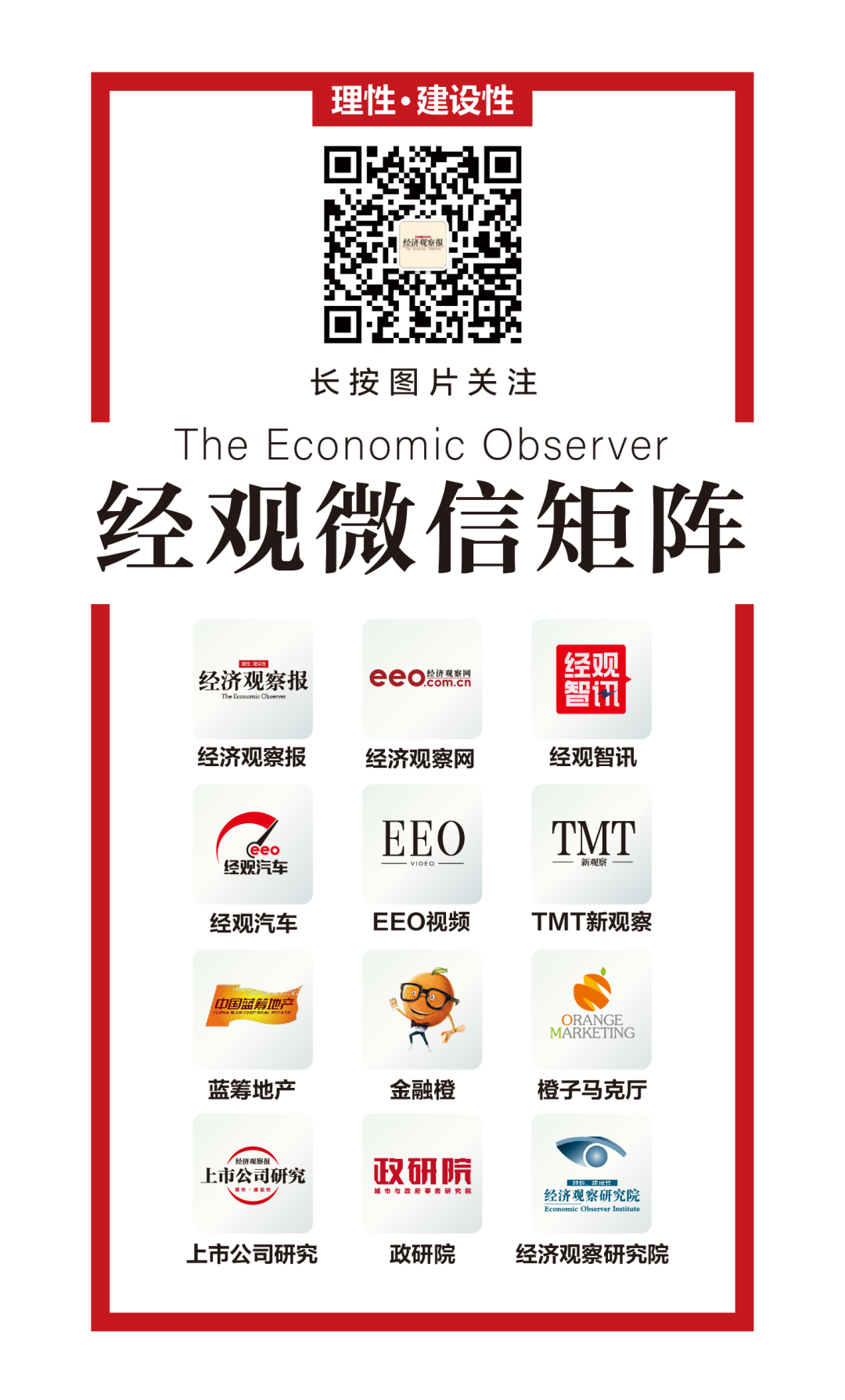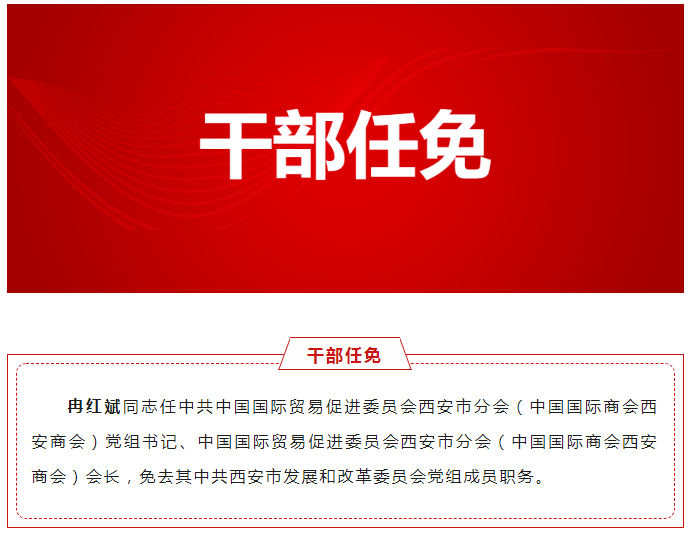Dialogue with Jiang Liwei and Zhao Lin: Ericsson Fighting Apple, the end of the lawsuit is negotiation?
Author:Economic Observer Time:2022.07.31

As the 5G standards gradually enter the large -scale commercial use, disputes about the necessary patents related to standard standards have entered a frequent period in the related fields of mobile communication.
Author: Feng Qingyan
Figure: Tuwa Creative
Focusing on a game of 5G patent fees, it is upgraded between Ericsson and Apple giants.
Apple recently sued Elin in Munich, and proposed standards for the standard for 4G technology for the 4GLTE hardware equipped by Ericsson. Ericsson had previously prosecuted Apple to obtain a ban in Colombia. That is, Colombia is prohibited from importing, sales and advertising behaviors of Apple with 5G I -PHONE and iPad.
Ericsson and Apple's lawsuits against each other took turns. This originated from October last year, Ericsson took the lead in starting a lawsuit against Apple. Ericsson has accused Apple iPhone, iPad, Appletv, HomePod, and smart watches infringing on its EP2819131B1 patent, and successively filed patent infringement lawsuits to Apple in at least six judicial jurisdictions, including the United States (ITC and regional courts), Germany, the Netherlands, Brazil, Colombia, and Colombia and. U.K. Soon, Apple began to fight back in December last year. Prosecuting Ailin uses "tough means" to update the patent.
Before Ericsson took the litigation weapon, the 7 -year telecommunications patent license contract reached by the two parties in 2015 failed.
As the 5G standards gradually enter the large -scale commercial use, disputes about the necessary patents related to standard standards have entered a frequent period in the related fields of mobile communication. Regarding the patent litigation war between Aixin and Apple, Jiang Liwei, a partner of the Economic Observation News reporter who had no litigation cooperation lawyer, the partner of the Cai Tiangong Chengcheng Law Firm, and Zhao Lin, a partner of a litigation cooperative cooperation, and partner of the Beijing Ritual Law Firm to interpret this The business evolution behind the litigation war provides a little reference significance to the company facing the risk.
| Interview |
Economic Observer: How did the patent battle between Ericsson and Apple evolved to the lawsuit?
Jiang Liwei: The public see more from the news that the solution of the dispute between lawsuits is actually a series of business negotiations before the lawsuit. This is not seen by the public.
The patent involved is a patent necessary for the 5G standard, that is, the commonly called standard for the standard. Before the lawsuit, the two parties must have been communicating and negotiating for a long time, but the two parties failed to reach an agreement on key matters such as permit fees and eventually moved to the lawsuit.
In fact, before the lawsuit, the two sides reached many agreements on 2G, 3G, and 4G patent permits. For commercial subjects, their legal business interests are always the goal of pursuit. The way to achieve this goal can be negotiations, lawsuits, or litigation to promote reconciliation and negotiations.
Zhao Lin: The reason why patent battles are easily presented in lawsuits is often due to the core terms such as permit fees. The negotiations cannot be reached. By the help of the lawsuit, the two parties hope to obtain a relatively advantageous position.
Ericsson and Apple have been in a state of war in the past two years. Generally speaking, Ericsson is the patent person, and Apple is the patent implementation party. Patent owners represented by Ericsson, in recent years, have repeatedly launched a number of patent lawsuits in many countries and regions around the world, that is, communication equipment terminal manufacturers; patent embodiments represented by Apple as representatives in a short time; It also gradually shifted from the initial passive response to actively mentioned measures such as antitrust and patent infringement to reverse pressure.
Whether it is a patented person or an implementing person, the purpose of patent litigation is mainly due to the method of litigation, which helps to promote the two parties to reach a conclusion on the permission rate and the patent license agreement.
Economic Observer: In this patent litigation war, how will Ericsson and Apple be affected, and what is the pros and cons of the two?
Jiang Liwei: For the two commercial subjects, there is no good and disadvantages. Litigation is a way to pursue his own business interests after the plaintiff's weighing. Also strive for your own business interests.
In this lawsuit, Ericsson obtained a ban on Apple in Colombia, which will undoubtedly have a certain impact on Apple's market in the Columbia market. Apple companies will eventually return to the negotiating table without giving up the Columbia market. Get a license.
For Ericsson, the success of this lawsuit and the success of the ban is at least in the License negotiations within the Colombian region, and it has become the advantage of the negotiation to a certain extent.
Zhao Lin: From the perspective of the influence of both parties on the form of litigation, both sides are a large consumption.
For the patent person represented by Ailixin, the cost of the lawsuit is very high and the time cycle of the effective judgment is also long. Some people can only file a lawsuit in various regions in various regions.
For the patent embodiments represented by Apple, the combination of multi -regional litigation and ban often greatly affects the profitability of its terminal products. The negotiations are weak.
In particular, lawsuits involving the necessary patents involved in standards often need to make a judgment because of their complexity. Uncertainty. Economic Observation News: From the two perspectives at home and abroad, the lawsuits between Ericsson and Apple can give other companies to learn from?
Jiang Liwei: As far as the lawsuit itself is concerned, in the face of global competition, the horizons of Chinese enterprises must be more open. Considering the legal risks that have been complained in multiple regions around the world, we must also consider selection of jurisdictional courts globally globally.
In recent years, cross -border litigation in the standard essential patent field has been frequent, especially in the field of communication technology. Cases involved in domestic companies in the United States, Germany, Britain, and India are also common. But Colombia is still a relatively fresh jurisdiction. In any case, Ericsson's choice of obtaining a ban on Apple in Colombia should also be the result of Ericsson's consideration after consideration of the north of the world.
In the face of international competition, commercial interests are played by both parties, and litigation is also a way for the game. The rules in the field of standards are still under development. Globally, the emergence of each typical case is to varying degrees, affecting the rules of various regions. Related enterprises need to continuously track the rules of various regions around the world, and maintain their sensitivity to the rules so that they can quickly respond quickly in whether they take the initiative to prosecute, passively responding to the prosecution, or the stage of preliminary risk prevention and control.
Zhao Lin: The patent person or the executor can strive for the result of the benefit to his own side by the chops of the court and the application for lawsuits.
When the court conducts a judgment in the lawsuit, whether the actions of the patent person in the negotiations follow the "fair, reasonable, non -discriminatory" FRAND principle and whether the patent implementation is obviously faulty, and is included in the consideration factors. That is, the patent right should follow the FRAND principle as much as possible. As far as the patent implementation is concerned, we should try to follow the position of no obvious fault, otherwise it may be unfavorable in the proceedings of the lawsuit.
The Beijing Higher People's Court also clarified some of the behavioral standards of licenses and permission in the "Guide to Patent Infringement Judgment" released in 2017, and pointed out the importance of the court to follow the FRAND principles in patent license negotiations.
In the judicial case of my country's courts, the court also fully considers the FRAND principle. For example, in the case of a dispute between the Huawei Company's Corporation's ADC abuse of market dominance, the court determined that "the lack of legitimacy of the patent permit for interacting the interactive company to Huawei", eventually Judging the interactive company constituted a monopoly and compensated Huawei's economic losses of RMB 20 million; in the Sony Cost of the Jiezong case, the court pointed out that "in the permit negotiations of standards for standards, both parties to negotiate with the principle of honesty and trust.
To make a fair, reasonable, and discriminatory permit statement, the patent person should fulfill the relevant obligations that the burden under the statement; request the patent person who permits the infringer who permits the permission of fairness, reasonable, and discriminatory conditions. The principles are actively negotiated to obtain permission "and determined that" Sony China company uses the claim comparison table and confidentiality agreement as a delay method. There are obvious faults during the negotiation process. "
Although the necessary patents are more special than the usual patent and private rights, and it also reflects public interests, patent licenses are essentially made between equal subjects. The FRAND principle is the core consideration of negotiations between the two parties and even litigation referees.
Economic Observer: We see that the lawsuits between Ericsson and Apple have different judicial systems due to different judicial systems and the results are different. Where will the situation go?
Jiang Liwei: For the necessary patents for standards, the areas where global litigation is currently more active is the United States, Germany and the United Kingdom, and there are many lawsuits in China. The core issues of disputes in standards for the standard patent are: ban, license fee, and antitrust.
As far as the ban is concerned, the United States applicable to the four -factor analysis method established in the EBAY case to judge. The EU's rules on the ban can be traced back to the rules established in the Huawei court in the Huawei court in the Huawei court. The German standard necessary patent ban rules, based on the earliest orange book rules, combined with the explanation of the German Mannheim Court and the Munich Court in Germany, slowly developed and evolved. The more typical case in the UK is the lawsuit of Huawei and wireless planets. In the case, the British Supreme Court innovatively issued a new type of ban called "FRAND ban". The Supreme People's Court of my country, the Beijing High Court, and the Guangdong High Court have made relevant judicial interpretation and guidelines and guidelines on the "stop infringement (equivalent to the ban)". There are many cases.
It can be seen that different countries, based on different legal foundations and jurisprudence, present different evolution methods in regulations.
Instead, Ericsson did not choose a popular patent lawsuit, but chose Colombia. It is also reported that the Columbia judge not only issued a ban on Apple, but also prohibited Apple from seeking or executing from foreign countries to stop or restrict the implementation of the preliminary ban.
Colombia, a country, undoubtedly has also become a new battlefield for standards for the necessary patent lawsuit. Based on a number of regions and countries around the world, the frequency of standard patent litigation is frequently, and the same parties and their related parties have initiated a lawsuit in multiple countries to seek a prohibition. The ban has also become a common way for one party to restrain the other party, in other domestic state lawsuits. In some cases, the parties to the two parties even had such cyclic bans such as anti -ban and anti -prohibition. This time, the Columbia Court not only issued a ban, but also banned Apple from seeking ban in other countries. This is essentially a contest on the necessary patent jurisdictions in various countries in the world, and it is also a way for the parties to be restrained by parties in the world.
Ericsson obtained a ban in Colombia and won a game first. However, Colombia is just a small battlefield for both the interests of both parties. Soon Apple is seeking ban on products against Ericsson Rock Station in ITC in the United States. In the end, who was dead, it was unknown.
Litigation is not the purpose, it is a means to realize commercial interests, and it is also a bargaining chip for business negotiations. Although the two parties may solve the dispute over global rates through litigation, considering that the cost of the lawsuit is too high and there is a high degree of uncertainty in the judgment, the two parties finally negotiate to determine the probability of global rates.
Zhao Lin: Under the circumstances of the patent embodiment of the product market, the patent person is limited by the regional of patent rights. If a lawsuit is initiated, it can only be carried out separately in various regions, that is, the implementation of the party in different markets is not permitted in different markets. The use of its patent behavior to file a lawsuit.
Different countries have their own independent judicial systems and standards for patent infringement, which means that the advantages and inferiority status in the procedure process may be different, and the results of infringement judgments are also different. Some judgments have also determined the permit rate, and the permit rate is often substantially different in the identification results of different countries.
In practice, if the two parties cannot reach a consensus through negotiations, arbitration is also a dispute solution, but arbitration requires the two parties to reach at least a convergence arbitration agency, so it may not be able to meet the arbitration procedure conditions.
In my country's judicial practice, some explorations have been carried out in recent years from the perspective of physical standards and procedures. In 2021, the Supreme People's Court Intellectual Property Court made a final judgment on the Sharp Co., Ltd., Saineji Japan Corporation and OPPO Corporation Standard Patent License Disputes. It is found that the parties have the willingness to achieve global permission and the case is closely related to the Chinese courts, and the Chinese courts are suitable for the necessary patents for the standards involved in the case, and the license conditions are decided globally.
This is the first time that the highest judicial organs in my country have made it clear and the global rules for the necessary patents for standards. It is a milestone significance for my country to shift from defensive rule of law to leading the rule of law and actively participating in global intellectual property governance rules.
In response to whether the Chinese court is suitable for the global license conditions of the necessary patents involved in the case, the decision on the ruling clarifies the fact that "the parties have the willingness to achieve global permission" as the factual foundation, the principle of "more close contact" and the convenience of courts as the basis The criteria for judgment of jurisdiction. The Supreme Court Intellectual Property Court also clearly stated that the jurisdiction between the parties is not a necessary condition for the global permits of the specific court to conduct jurisdiction and processing on the standards for standards for standards.
In the future, the standard for the standard for the communication field will be upgraded. Domestic enterprises should also learn from the process and results of patent proceedings that have occurred, participate in competition with a fair and reasonable posture, and actively understand and use different regulations and entity regulations in different regions.
Let state -owned enterprises dare to work, private enterprises, and dare to invest in foreign companies. What is the 100 billion -level real estate bailout fund behind the dare to vote: the rescue project does not save the enterprise to fight the Indian market, and the Chinese mobile legion retreats or guard?


- END -
Shaanxi Three City released personnel appointment and removal

Recently, Xi'an, Tongchuan, and Baoji have released personnel appointment and remo...
These people report immediately!Hebi sent a reminder again!
Recently, Shenzhen and Jilin City have reportedly reported to the confirmed cases and asymptomatic infections of new crown pneumonia. And the summer personnel flow is large, and the risk of input in t